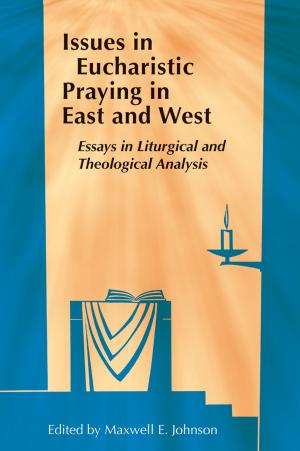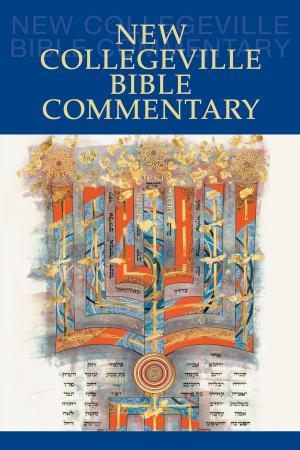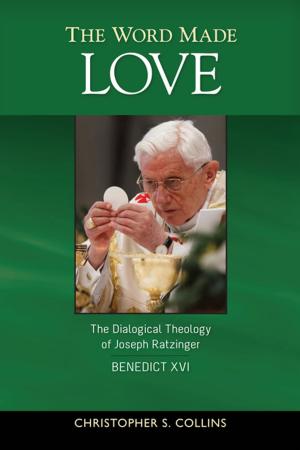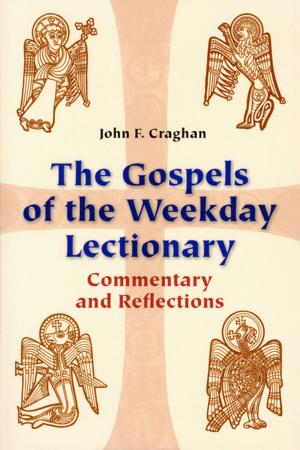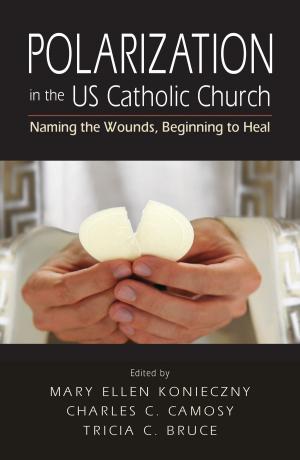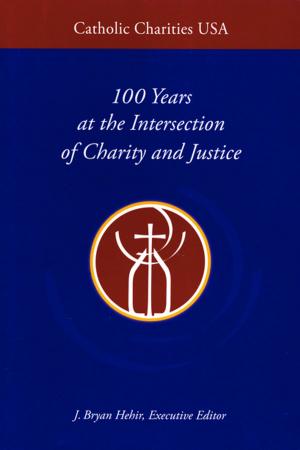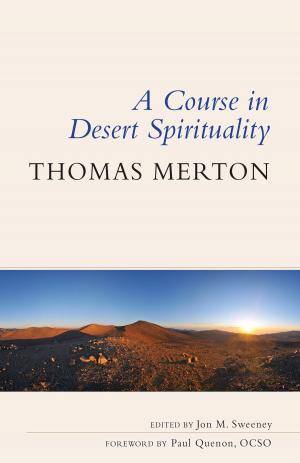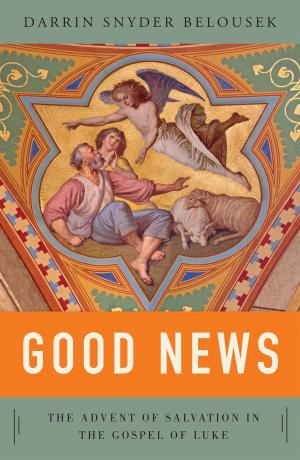A Spirituality of Perfection
Faith in Action in the Letter of James
Nonfiction, Religion & Spirituality, Christianity, Denominations, Catholic, Catholicism| Author: | Patrick J. Hartin | ISBN: | 9780814683804 |
| Publisher: | Liturgical Press | Publication: | February 28, 2017 |
| Imprint: | Michael Glazier | Language: | English |
| Author: | Patrick J. Hartin |
| ISBN: | 9780814683804 |
| Publisher: | Liturgical Press |
| Publication: | February 28, 2017 |
| Imprint: | Michael Glazier |
| Language: | English |
2000 Catholic Press Association Award Winner!
Throughout this century the Epistle of James has been viewed consistently as a disjointed set of instructions. In A Spirituality of Perfection Patrick Hartin differs from this approach by showing that the call for perfection" provides a unifying meaning for the epistle. Examining the concept of perfection against the background of the Graeco-Roman world, the Old Testament, and the Septuagint, Father Hartin shows that perfection provides a key to defining the spirituality of the Epistle of James.
Father Hartin shows how the notion of perfection plays a key role in the definition of God, as well as the way one is called *to be in the world. - He adopts a fresh approach toward understanding the categories of wisdom, eschatology, and apocalyptic as they illuminate the epistle's advice. He allows James to be read in its own right, instead of through the eyes of other traditions, such asPaul, and shows that what James intends by perfection is different from our modern understanding - that the concept of perfection unlocks an important self-understanding in Christianity.
Just as every generation of believers aims at putting its faith into action, A Spirituality of Perfection culminates with the question: *What direction does the Epistle of James give Christians of the twenty-first century for putting their faith into action? -
Chapters are *A Cal to Perfection, - *An Overview of the Concept of Perfection in the Ancient World as a Background to the Letter of James, - *The Nature and Purpose of the Letter of James, - *Faith Perfected Through Works: A Context for the Moral Instructions in the Letter of James, - *A Spirituality of Authentic Perfection, - *Perfection in the Letter of James and the Sermon on the Mount, - and *On Reading James Today. -
Patrick J. Hartin, DTh, teaches New Testament in the religious studies department at Gonzaga University in Spokane.
"
2000 Catholic Press Association Award Winner!
Throughout this century the Epistle of James has been viewed consistently as a disjointed set of instructions. In A Spirituality of Perfection Patrick Hartin differs from this approach by showing that the call for perfection" provides a unifying meaning for the epistle. Examining the concept of perfection against the background of the Graeco-Roman world, the Old Testament, and the Septuagint, Father Hartin shows that perfection provides a key to defining the spirituality of the Epistle of James.
Father Hartin shows how the notion of perfection plays a key role in the definition of God, as well as the way one is called *to be in the world. - He adopts a fresh approach toward understanding the categories of wisdom, eschatology, and apocalyptic as they illuminate the epistle's advice. He allows James to be read in its own right, instead of through the eyes of other traditions, such asPaul, and shows that what James intends by perfection is different from our modern understanding - that the concept of perfection unlocks an important self-understanding in Christianity.
Just as every generation of believers aims at putting its faith into action, A Spirituality of Perfection culminates with the question: *What direction does the Epistle of James give Christians of the twenty-first century for putting their faith into action? -
Chapters are *A Cal to Perfection, - *An Overview of the Concept of Perfection in the Ancient World as a Background to the Letter of James, - *The Nature and Purpose of the Letter of James, - *Faith Perfected Through Works: A Context for the Moral Instructions in the Letter of James, - *A Spirituality of Authentic Perfection, - *Perfection in the Letter of James and the Sermon on the Mount, - and *On Reading James Today. -
Patrick J. Hartin, DTh, teaches New Testament in the religious studies department at Gonzaga University in Spokane.
"



